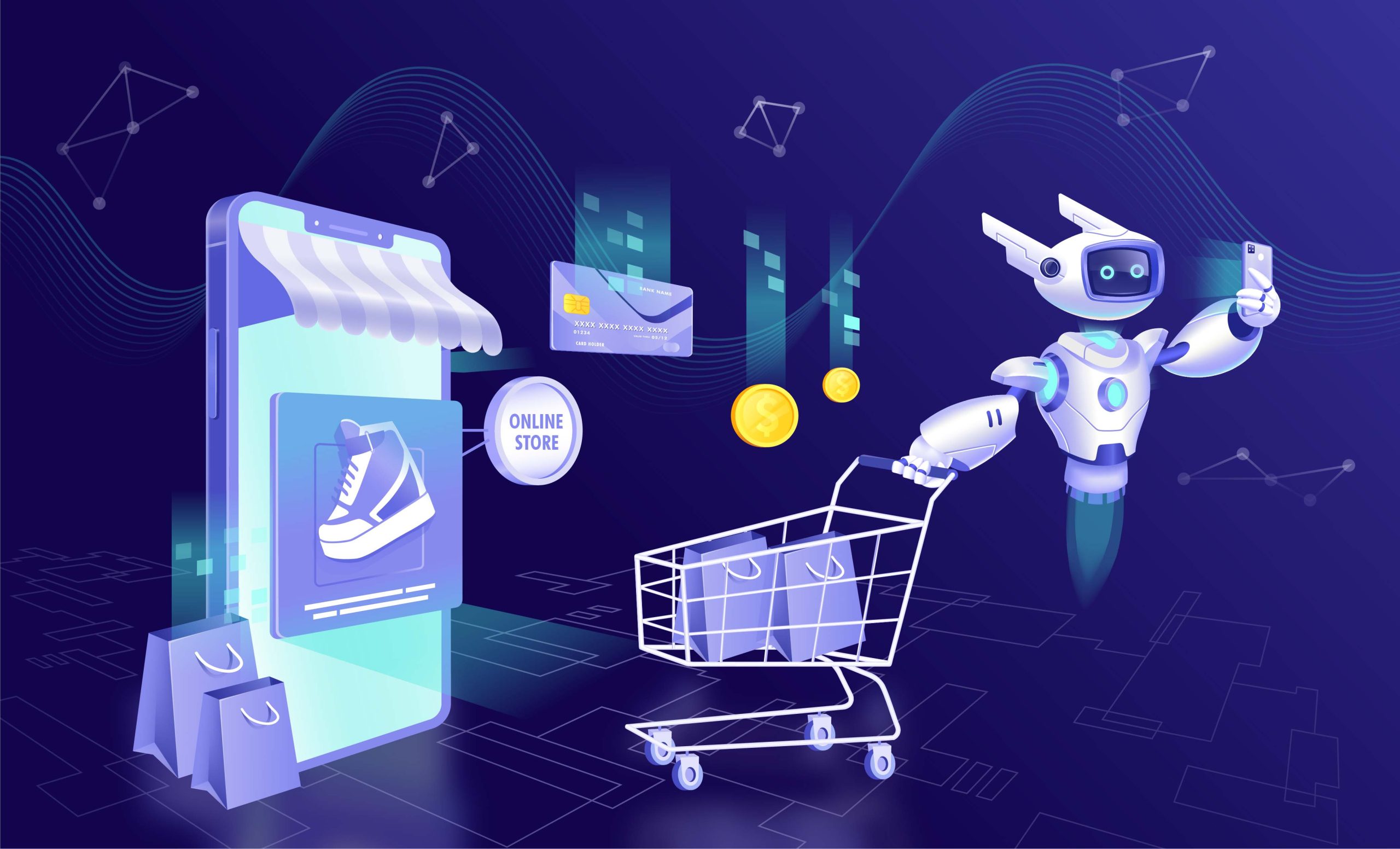E-Commerce is buying and selling of goods/services using an electronic medium such as internet. With the advent of Internet e-commerce increases rapidly which makes a billionaire worth business for example, Amazon, Flipkart, OLX etc. It also extended to Mobile and Social media.
E-Commerce 2025 has started with the paradigm shift from online shopping to voice shopping, visual search(AR/VR), smart payments (IoT, AI), crypto payments, smart customer support(chatbots) etc.
Engineering with Commerce is a powerful combination. Most of the Engineering graduates work in areas outside of engineering such as management, banking and consulting and many go on to become CEOs of major corporations. It’s a modernized type of combination that focuses on technology and online business practices of a company. It is a study of an information system to conduct online business.


